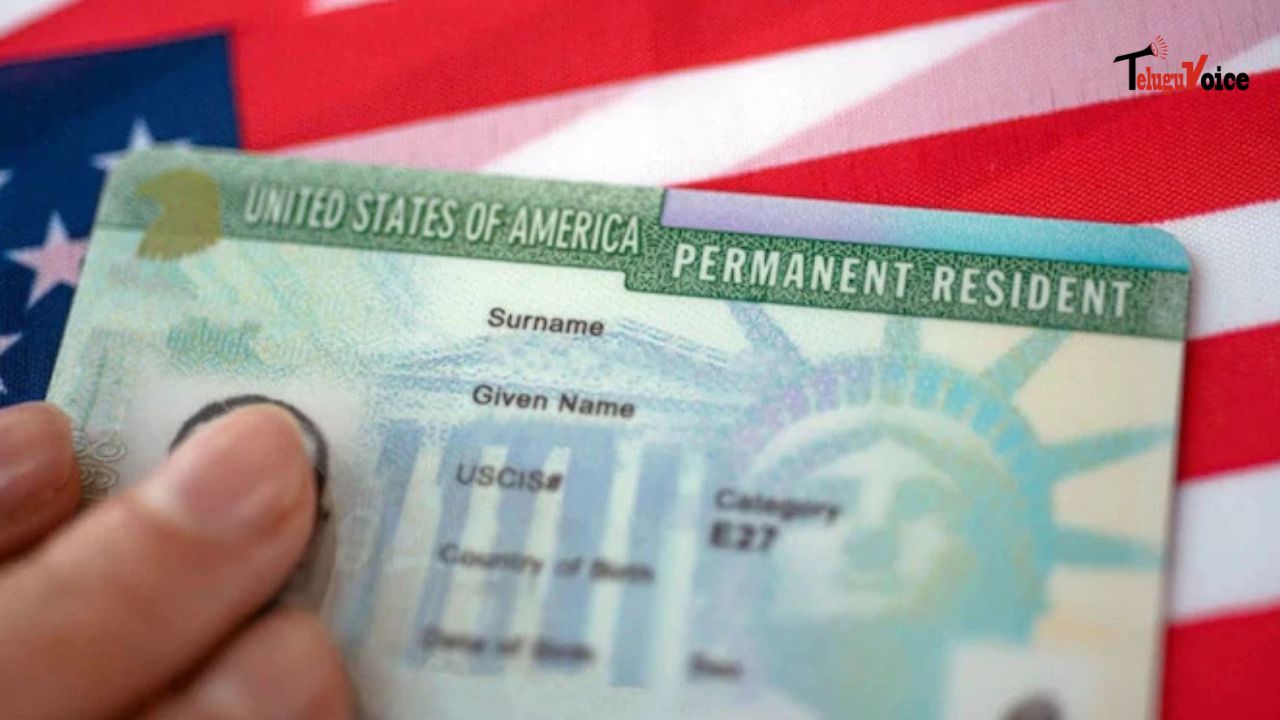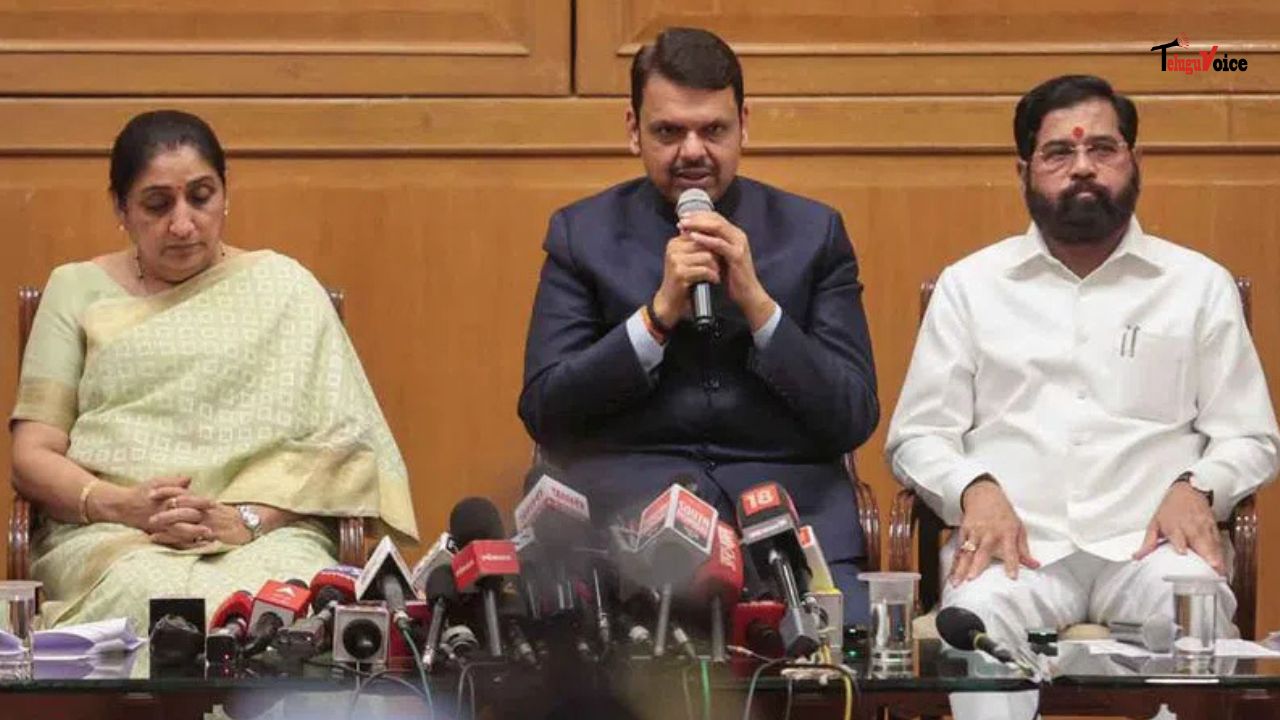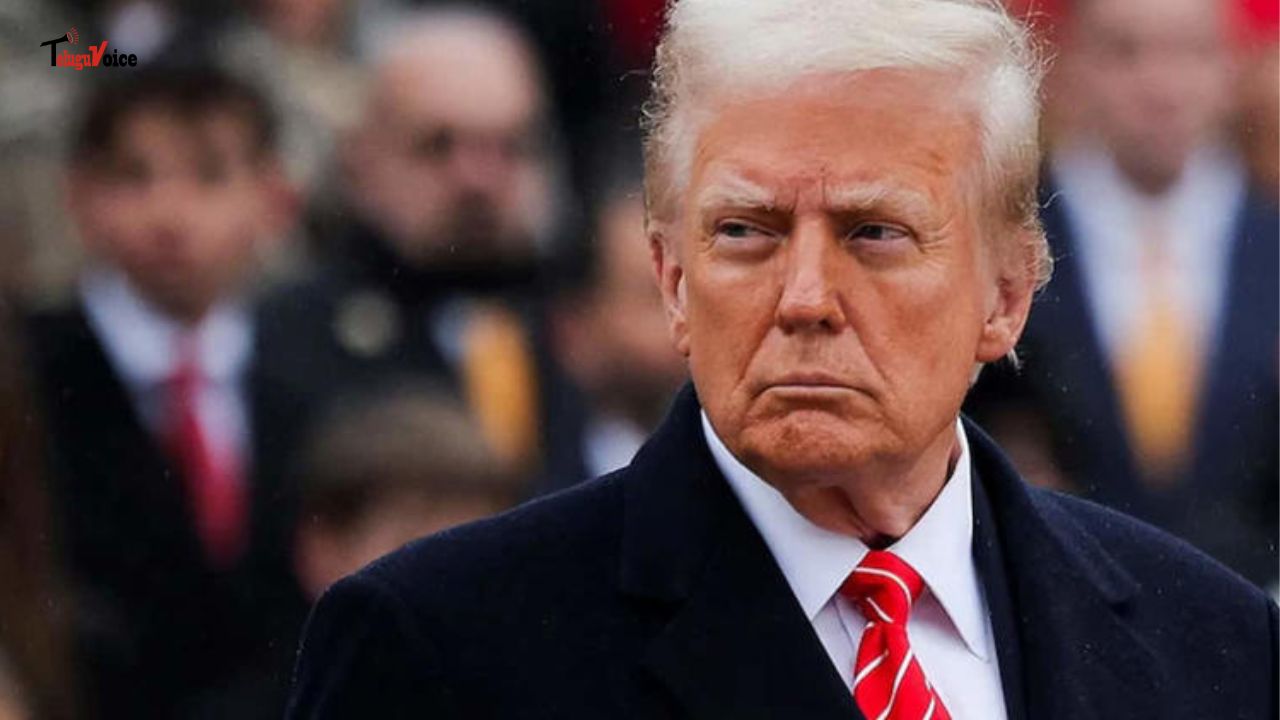Biden Administration Eases H-1B Visa Rules, Offering Flexibility and Opportunities for Skilled Workers

The outgoing Biden administration has announced significant changes to the H-1B visa program, making it easier for American companies to hire foreign workers with specialized skills and simplifying the transition from F-1 student visas to H-1B visas. These reforms are expected to benefit thousands of Indian and Chinese tech professionals, a demographic heavily represented in the program.
Modernizing the H-1B Visa Program
The H-1B visa, introduced in 1990, is a non-immigrant visa that allows U.S. companies to employ foreign workers in specialty occupations requiring theoretical or technical expertise. Technology companies, in particular, rely on this visa to hire tens of thousands of skilled professionals annually.
The new rule, introduced by the Department of Homeland Security (DHS), aims to modernize and enhance the program by:
Expanding Criteria for Exemption: Updating definitions for positions in nonprofit and governmental research organizations, exempting them from the annual visa cap.
Facilitating Business Needs: Offering employers greater flexibility to address workforce demands and maintain competitiveness in the global market.
Enhancing Opportunities for Students
One of the key changes focuses on F-1 visa holders (international students), streamlining their transition to H-1B status. This minimizes disruptions in employment authorization and lawful status, ensuring a smoother path for students to remain and work in the U.S.
Additionally, U.S. Citizenship and Immigration Services (USCIS) will now expedite applications for individuals previously approved for an H-1B visa, further reducing processing times.
Addressing Long-Standing Challenges
Secretary of Homeland Security Alejandro N. Mayorkas emphasized the reforms’ potential to boost economic competitiveness, stating:
“American businesses rely on the H-1B visa program for the recruitment of highly skilled talent, benefiting communities across the country. These improvements provide employers with greater flexibility to hire global talent and continue advancing American innovation.”
USCIS Director Ur M. Jaddou echoed these sentiments, highlighting that the reforms modernize a system that has remained largely unchanged since its inception.
Strengthening Program Integrity
The updated rules also aim to address vulnerabilities in the H-1B program, which has faced criticism for potential misuse, particularly through large-scale flooding of applications that skew the lottery system. To enhance transparency and accountability, DHS will:
Codify USCIS’ authority to conduct inspections and impose penalties for non-compliance.
Ensure the Labour Condition Application aligns with the H-1B petition.
Mandate that employers prove the existence of a bona fide specialty occupation role for the worker at the requested start date.
A revised version of Form I-129, required for all H-1B petitions, will take effect starting January 17, 2025.
Addressing the Cap Limit
DHS remains legally restricted to issuing 65,000 H-1B visas annually, with an additional 20,000 visas available for applicants holding advanced degrees. However, cap-exempt organizations—such as nonprofits and governmental research institutions—can petition for H-1B visas year-round without being subject to this limit.
The new rule provides clarity on which organizations qualify for cap exemption by redefining their “fundamental activity” as research-focused, resolving previous ambiguities around eligibility.
A Move Towards Innovation and Inclusion
The changes reflect the administration’s efforts to align immigration policy with the evolving needs of the American economy. By simplifying processes, enhancing program integrity, and ensuring businesses have access to top global talent, the reforms pave the way for stronger economic growth and innovation.
As President-elect Donald Trump prepares to take office on January 20, the new H-1B visa rules mark a notable step in balancing worker protections with business needs while addressing systemic inefficiencies in one of the most sought-after visa programs.

 South Africa tour of India 2019
South Africa tour of India 2019










Comments